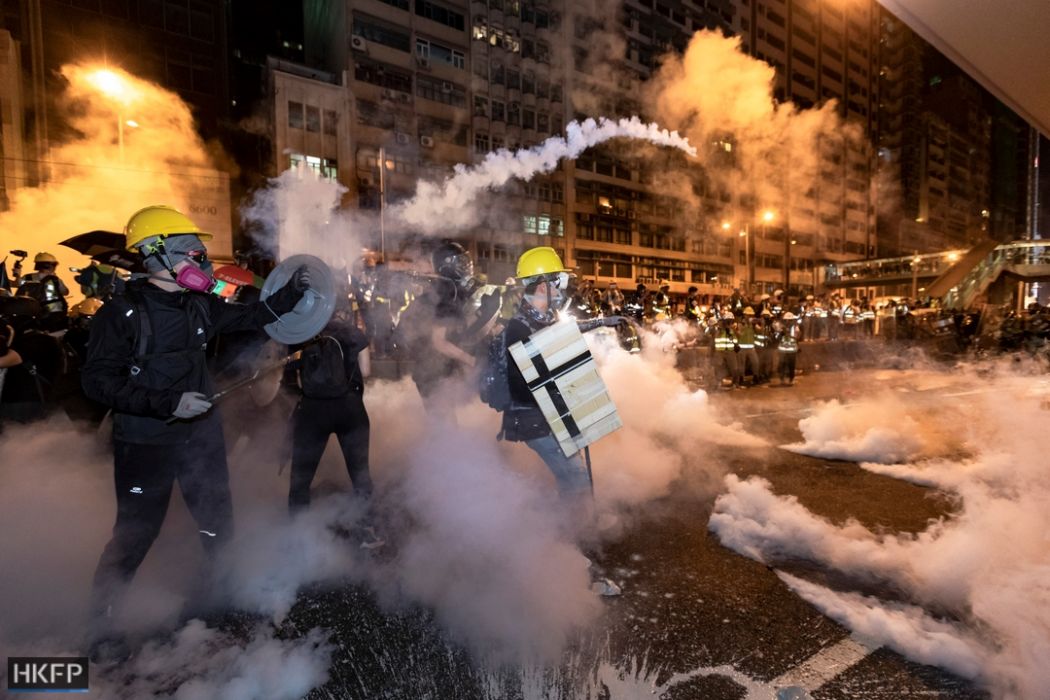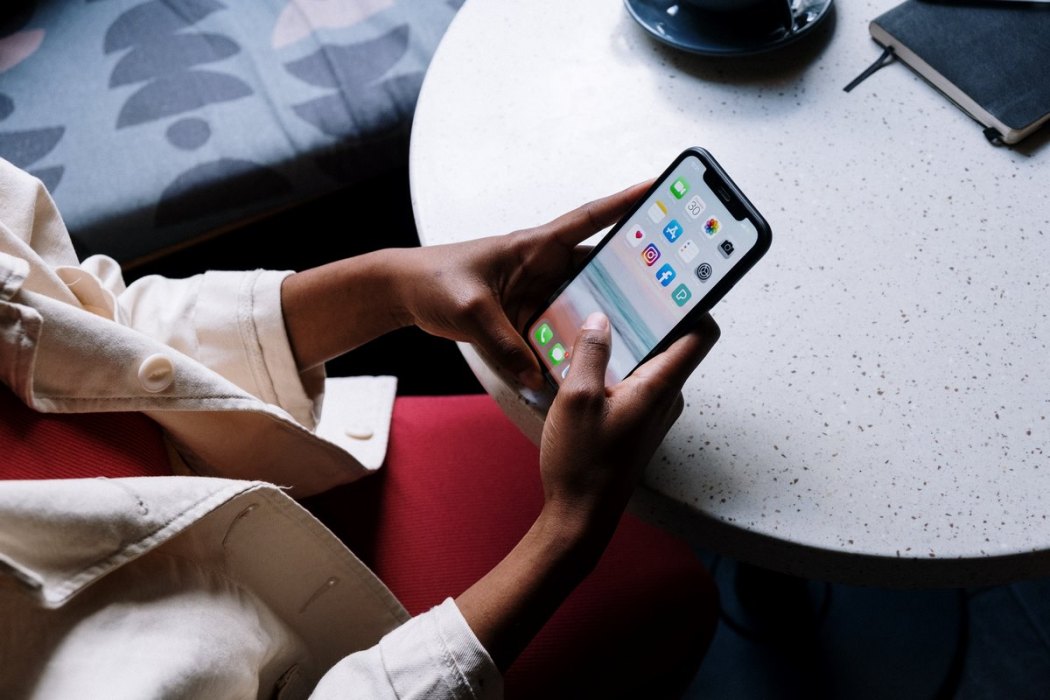For about a week in early February, there was a burst of excitement about Clubhouse, an invitation-only app offering audio chats. Chinese-language salons involved thousands of people from China, Hong Kong, and Taiwan discussing political and other topics. Sadly, but not surprisingly, this came to an end on February 8 when Clubhouse was banned in China.
Despite the briefness of this online détente, the app generated a sense of optimism – and for good reason.

First, it gave Chinese users a rare space to learn about and discuss topics that are banned or heavily restricted on the mainland, such as the persecution of the Uyghurs, Taiwan and the 2019 Hong Kong protests. There were also conversations about social issues such as feminism and homosexuality, topics which are suppressed in China.
As censorship and crackdowns have intensified in China over the past several years, the already limited space for political and civil liberties has shrunk rapidly. There have been mass arrests of journalists, human rights lawyers, activists and even feminists, while more and more apps and media outlets, both local and foreign, have been closed or blocked.
As such, it is hard for many mainland Chinese to get a full sense of what is going on beyond their borders, especially in neighbouring Hong Kong and Taiwan, due to state propaganda‘s heavily restricted and distorted reporting. This reporting has stirred up strong nationalist social media sentiment, some of which might be driven by state agents, expressing anger at Hong Kong protesters and Taiwan “separatists.”

Second, the fact that Chinese users were interacting with Taiwanese and Hongkongers, as well as Uyghurs and overseas diaspora, in a setting free from political restrictions was a rare event. In both physical and online spaces, ranging from university campuses abroad to online games, people from the three places have found themselves at odds.
Beijing’s actions in cracking down in Hong Kong, via the SAR administration, and in threatening Taiwan mean that fear and anger towards the regime has often been directed at the Chinese people themselves.
In Hong Kong, this has created strong anti-China sentiment, resulting in some ugly scenes such as when mainland individuals and journalists were accosted during the protests and some restaurants banned Mandarin speakers. In the past, there has also been much anger at Chinese parallel traders and tourists flocking to Hong Kong to buy up goods, contributing to a weakening sense of local identity.’

The Clubhouse interactions allowed mainland Chinese to become “humanised” in the eyes of Taiwanese and Hong Kong participants. At the same time mainlanders had a chance to understand, or at least become aware of, the views of Hongkongers and Taiwanese. Those Chinese who took in discussions in an open and thoughtful manner were seen as actual people, as opposed to the stereotype of brainwashed and ignorant subjects living under an authoritarian regime.
Mainlanders in turn could listen to their peers from Taiwan and Hong Kong and understand the value of free speech. Even more striking was the chance to listen to Uyghur participants living overseas speak about how their family members are being held in camps in Xinjiang.
While it will obviously take much more than a week of Clubhouse conversations to ease deep feelings of mutual anger and suspicion, the interactions did spark some moments of genuine understanding and exchange.
From personal experience, I have been fortunate over the years to interact, work with, and befriend a number of mainland Chinese. I can confidently say that despite differences in systems of government and civil liberties, as colleagues and friends mainland Chinese are no different from Taiwanese. When I worked in Hong Kong, out of all my non-local colleagues from the West, China, and Southeast Asia, the ones who spoke Cantonese the best (and much better than me) were mainland Chinese. A few sounded like native speakers.

Of course, the mainlanders taking part in Clubhouse, even numbering in the thousands, represent a tiny subset of Chinese society due to the app’s invite-only nature and the need to own an iPhone and have an Apple account. Many of these Chinese likely also use VPNs, accessing international sites and news that are blocked by China’s “Great Firewall.” Even VPNs, however, have been subject to a clampdown in the past several years.
The mutual antagonism among many people from the three sides, sparked by the Chinese Communist Party’s oppressive and belligerent actions both at home and abroad, is a pity. In an ideal world, the interactions on Clubhouse last week would have been routine and unremarkable. But the Chinese regime’s heavy-handedness means there will continue to be a shortage of space for Chinese, Hongkongers and Taiwanese to interact freely.
Support HKFP | Policies & Ethics | Error/typo? | Contact Us | Newsletter | Transparency & Annual Report | Apps
| HKFP is an impartial platform & does not necessarily share the views of opinion writers or advertisers. HKFP presents a diversity of views & regularly invites figures across the political spectrum to write for us. Press freedom is guaranteed under the Basic Law, security law, Bill of Rights and Chinese constitution. Opinion pieces aim to point out errors or defects in the government, law or policies, or aim to suggest ideas or alterations via legal means without an intention of hatred, discontent or hostility against the authorities or other communities. |
Help safeguard press freedom & keep HKFP free for all readers by supporting our team

More HKFP OPINION:
HKFP has an impartial stance, transparent funding, and balanced coverage guided by an Ethics Code and Corrections Policy.
Support press freedom & help us surpass 1,000 monthly Patrons: 100% independent, governed by an ethics code & not-for-profit.










